





































































































































Team USA keeps rolling at worlds
We’ve seen this same pattern before: Team USA is given all the game it can handle in the first half before finally creating separation after the intermission.
At the same time, several aspects of the 89-79 win over Russia in the FIBA World Championship quarterfinals were quite unexpected.
SAME-OLD, SAME-OLD
Successful ball pressure and ball denial led to most of the Americans' points on the run. This same strategy also forced the Russians to begin many of their offensive sets some 5-10 feet farther away from their comfort zone. That’s why Russia committed two shot-clock violations and was likewise compelled to launch several wish-shots to beat the buzzers.
After making several unsuccessful gambles in the opening half, Russell Westbrook came up with several significant steals in the third quarter. Overall, the U.S. had 14 steals to Russia's two.
Russia’s coach, David Blatt, played for Pete Carril at Princeton and has perpetuated the offense he learned there -- one that relies on big men to handle and reverse the ball above or near the 3-point line. But the Americans' tight defensive pressure allowed the red-jerseyed bigs to complete only the simplest, non-threatening passes.
Quick helping hands in the lane limited the post-up scoring by the Russians.
Even against Russia's multi-zones, one-on-one attacks generated good looks. By working the ball into obvious mismatches -- like 6-2 guards forced to oppose Kevin Durant -- the Americans had a relatively easy time scoring in half-court situations.
Also, speedsters like Westbrook and Derrick Rose were able to penetrate the seams in Russia’s zones. For the most part, these quick-stepping maneuvers led to kick-outs and uncontested perimeter shots.
Kevin Durant was THE MAN. Virtually unstoppable every time he looked to score, KD carried the offense and finished with 33 big points.
Durant was ably abetted by Chauncey Billups, whose 3-point shooting, clever penetrations and all-around patience also made the half-court offense run smoothly as Team USA took command in the third quarter.
Russia hustled back in transition defense, but was still beaten by the Americans' quickness and creativity on the run.
Early on, the Russians' switching defenses disrupted any kind of offensive rhythm. However, as the game unfolded, the young Americans developed the savvy and patience to make the proper adjustments. Instant maturation!
Once again, Team USA’s depth proved decisive as the Russians simply wore down as the game grinded toward the final buzzer.
THE BAD NEWS
The Russians' interior size enabled them to out-rebound Team USA 37-34, marking the first time this total went against the Americans.
The Russians used two tactics to try to slow down Team USA: Jamming defensive rebounds, and fouling whenever the Americans had a clear advantage in an open field. And, for the most part, this strategy worked -- curtailing the dunk parade and limiting them to 42.6 percent shooting. The Russians bested the Americans here too, shooting 44.6 percent.
Russia also packed the lane on defense, encouraging perimeter shots. A move that was somewhat successful in that the Americans dropped only 38.5 percent of their 3-point tries.
As ever, the Americans' screen/roll defense and defensive help were spotty at best. Too many guards and wings were able to carry the ball to the rim -- including one successful attack that began a full 30 feet out.
Too often the guards/wings were faked off their feet on the nether side of the bonus-line. The idea, of course, was to deny 3-point shots and force the ball into help defense. But the help rarely appeared so open pull-up jumpers were the rule.
The Americans unnecessarily forced several shots -- two each by Durant, Westbrook and Rose; one each by Stephen Curry and Andre Iguodala. That’s eight empty possessions.
Coach K did use his bench, but not nearly as liberally as in previous games. Danny Granger never left his seat, while Kevin Love and Stephen Curry played limited minutes. As a result, the starters were noticeably sluggish in the endgame.
As they enter the medal round (and with Spain eliminated), it’s evident that Team USA is favored to win the gold. But their rebounding, defensive rotations, shot selection and occasional reckless defensive gambles all need improvement.
In any case, a win is a win and that’s what Team USA came to Turkey to do. So far, the results have been good enough. So far.
If you have a question, comment or column idea for Charley Rosen, please email rosenroundball@gmail.com and he may respond in a future column.

NBA Champions by Year: Complete list of NBA Finals winners
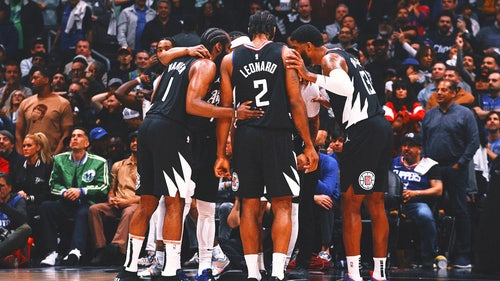
With Kawhi Leonard back in the fold, the Clippers are all out of excuses
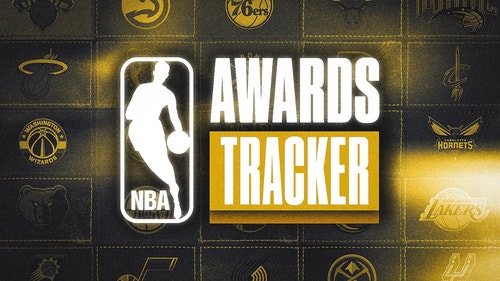
2024 NBA Awards Winners Tracker: Stephen Curry named Clutch Player of the Year
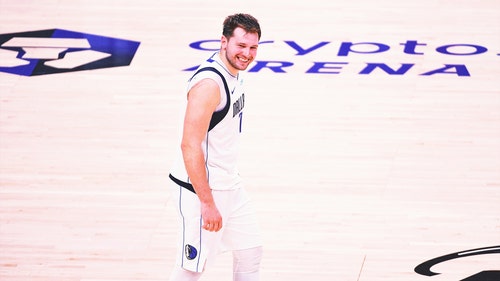
Luka Dončić, Kyrie Irving lead Mavericks over Clippers 96-93 to tie series as Kawhi Leonard returns
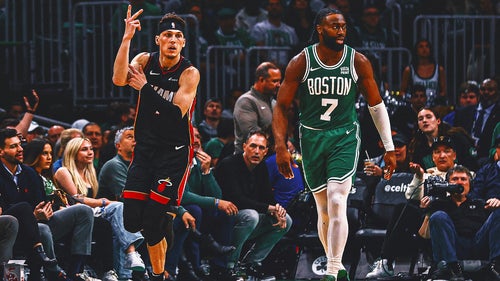
Heat hit franchise playoff-record 23 threes to beat Boston, even series 1-1
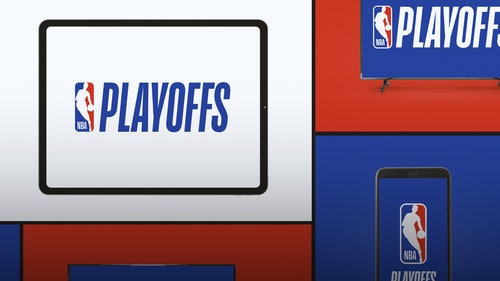
2024 NBA Playoff Schedule: How to watch NBA Finals, TV, streaming, free
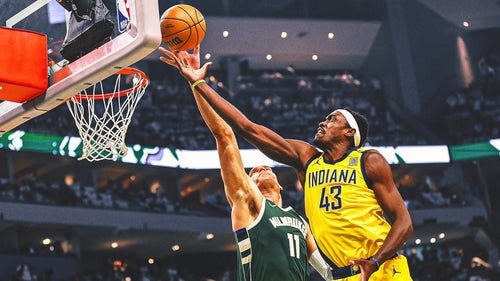
Pascal Siakam scores 37, Pacers even series 1-1 by beating shorthanded Bucks
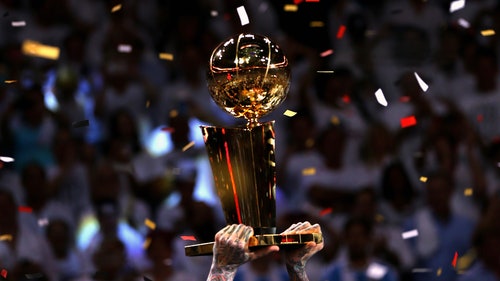
Which NBA teams have never won a championship?


NBA Champions by Year: Complete list of NBA Finals winners

With Kawhi Leonard back in the fold, the Clippers are all out of excuses

2024 NBA Awards Winners Tracker: Stephen Curry named Clutch Player of the Year

Luka Dončić, Kyrie Irving lead Mavericks over Clippers 96-93 to tie series as Kawhi Leonard returns

Heat hit franchise playoff-record 23 threes to beat Boston, even series 1-1

2024 NBA Playoff Schedule: How to watch NBA Finals, TV, streaming, free

Pascal Siakam scores 37, Pacers even series 1-1 by beating shorthanded Bucks

Which NBA teams have never won a championship?
